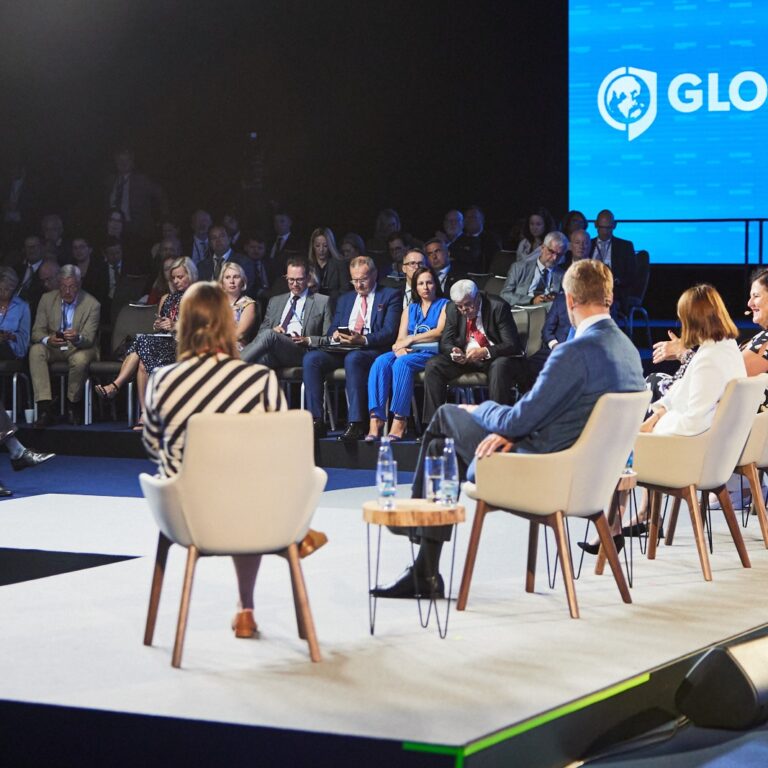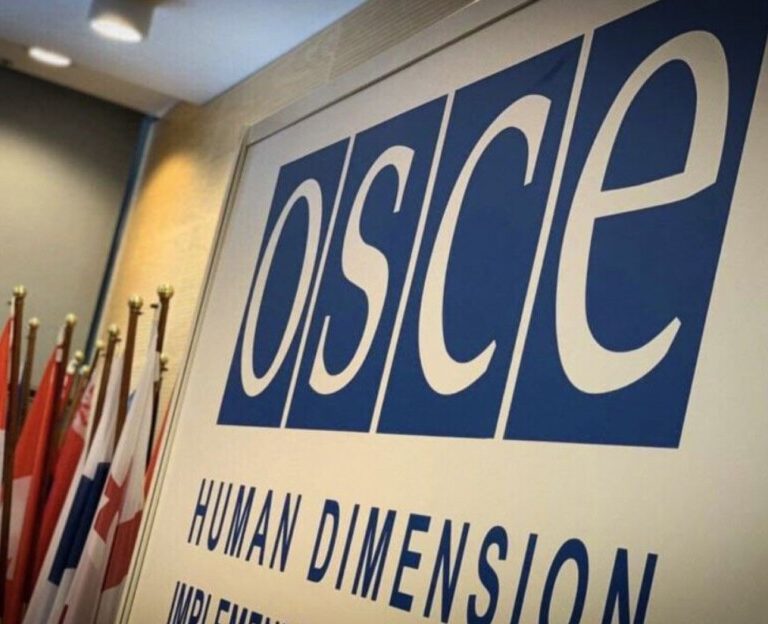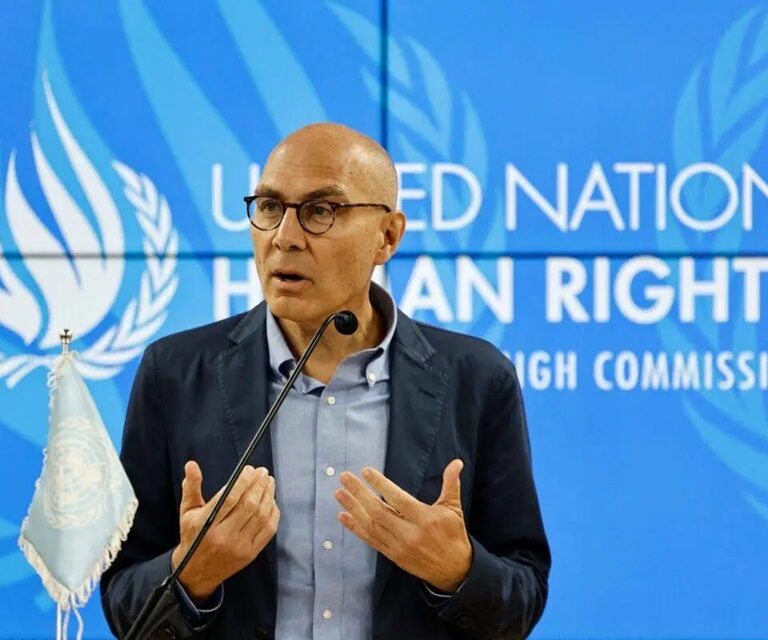On August 13, our Association expert Borys Babin took part in the event “Ukrainian Court Decisions and Confiscation of Russian Assets: Prospects for Forced Recovery of Compensation”, Held by International Renaissance Foundation within Framework of “Human Rights and Justice Program”.
The discussion was attended by representatives of authorized ministries, the public sector and the Kyiv Office of Register of Damage for Ukraine (RD4U), who expressed their own positions on the increase in the number of court decisions on the recovery of funds from the aggressor state in national courts.
Professor Babin noted, that the reason for the increase in the number of such decisions, some of which concern events in the occupied Crimea, which sometimes really have shortcomings in the wording, in justifying the amount of damage amount and which give rise to questions of further execution, is the natural demand of citizens and businesses for justice in conditions when the corresponding interests of the victims, the interests of the state and the interests of the global order are not identical.
Regarding the considerations on ways of adjusting the relevant judicial practice, Professor Babin recalled that the judicial power of Ukraine as an independent branch is of particular importance for preserving democracy in the current conditions; the expert noted the need to apply precisely and exclusively the forms of response of the executive power to the relevant processes provided by law.
Such legal forms should be the approval by the relevant ministry of methodological recommendations for calculating moral damage caused by aggression and international crimes, which has not yet been done in Ukraine, and the active intervention in the relevant civil cases of the relevant ministry as a third party, which would allow the formation of an effective practice of appellate and Supreme Court precisely by legal means, and not within the framework of pressure on justice.
Professor Babin emphasized that all attempts by the state to control or regulate individual applications and complaints against the aggressor since 2014 have essentially led to nothing, and that the demand for relevant processes against the aggressor is generated, among other things, by the widespread mistrust among some of the population and businesses regarding the real final recipient of funds in other, advertised processes and mechanisms.
The expert noted that the implementation of court decisions against the aggressor state in third countries today is indeed a challenge for the relevant jurisdictions, which will assess the alleged presence or absence of immunities for Russia as a state. At the same time, Babin noted, that these Ukrainian court decisions are not fake, especially in terms of the inevitable final settlement of the conflict and the corresponding property claims against the aggressor.
At the same time, the refusal of a national court to consider such a case or satisfy reasonable property claims should be considered a much greater violation of human rights and global legal order than all the challenges regarding Russia’s alleged immunities and the implementation of such decisions, the expert added. Babin recalled that Russia, represented by the local Ministry of Foreign Affairs, recently declared its non-recognition of Ukraine’s jurisdictional immunities during the fake “blockade case” in the “Supreme Court of the Republic of Crimea” on the occupied peninsula.
Despite the fake nature of that “trial”, the declared position of the aggressor itself must be taken into account according to the principle of reciprocity, since now Russia cannot refer to its own “immunities” in national court cases where the plaintiffs are Ukrainian legal entities and individuals.
At the same time, the expert pointed out that our Association is developing mechanisms for the recovery of justified moral damages from individuals who proactively act in the interests of the aggressor in the occupied territories, including Crimea.
As an example, the recently opened case 521/11949/24 was cited on the recovery of moral damages caused by Crimean collaborators, namely Vladimir Konstantinov, Efim Fiks and Sergei Trofimov, due to their accusations against specific individuals of alleged “ecocide” and “terrorism” in the fabrication of “Crimean blockade cases”.








